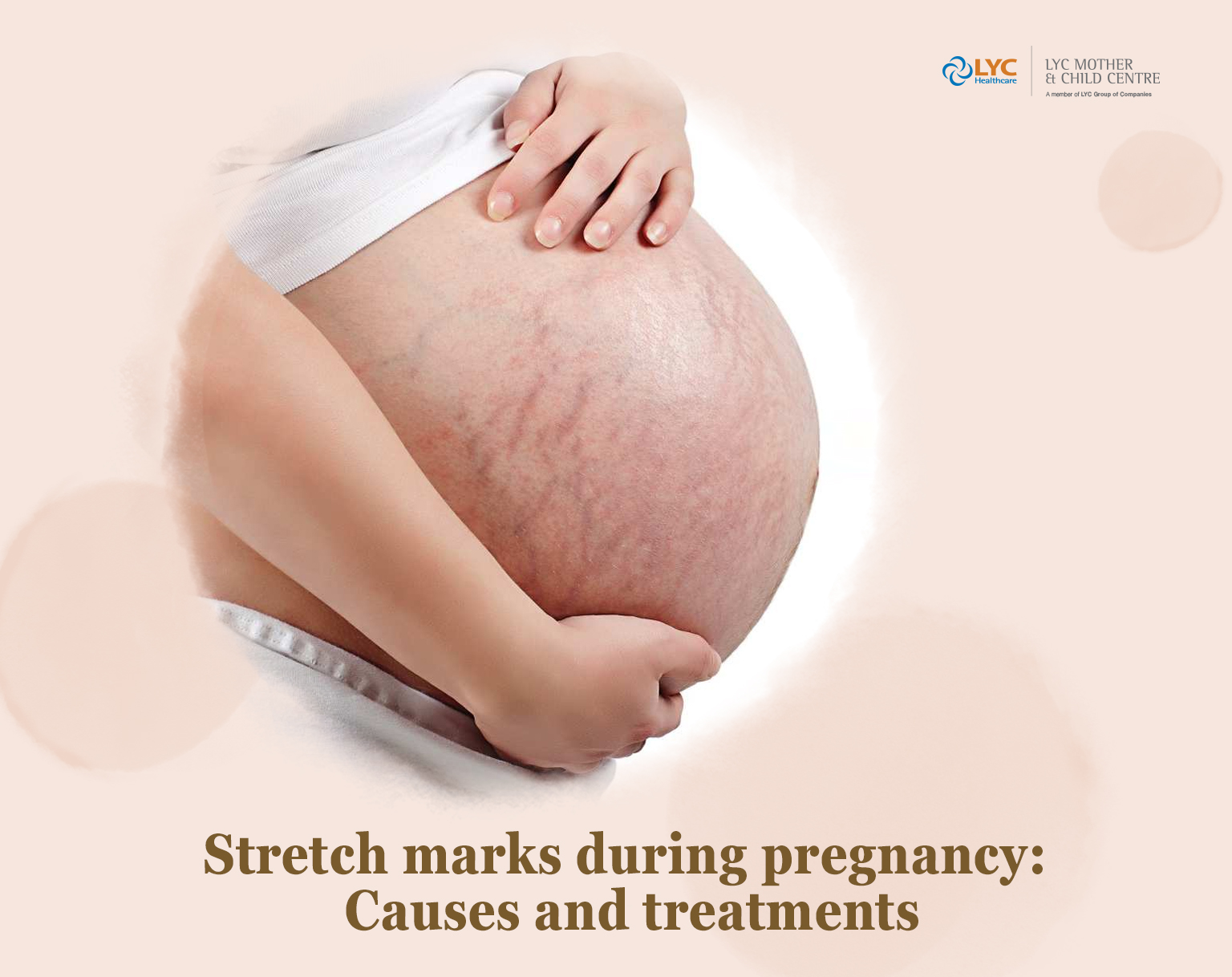
Pregnancy is a special time in every woman's life, but it is also a time full of challenges and changes. Stretch marks are common during pregnancy. Stretch marks usually appear when the skin is stretched rapidly, causing small tears in the dermal layer of the skin. While they don't hurt, many women consider stretch marks unsightly and want to avoid them.
Here are four reasons that may cause stretch marks:
First, if your mother or sister had stretch marks during pregnancy, it is very likely that you will have it too. Stretch marks can be hereditary, so if there are stretch marks in the family, there is a high chance that you will develop stretch marks during pregnancy.
Second, when you gain weight rapidly, the skin does not have enough time to adapt. If you gain more than your ideal weight during pregnancy, you may develop stretch marks. Therefore, you need to have a healthy diet during pregnancy to maintain proper weight gain.
Third, if you are pregnant with a larger baby, your skin will be more stretched compared to carrying a small baby. This extra stretch may increase the likelihood of stretch marks.
Fourth, during pregnancy, your body produces hormones that help muscles and ligaments relax in preparation for childbirth. However, these hormones can also affect the elasticity of your skin, making it more likely to stretch and tear. If you have high hormone levels, you may be more prone to stretch marks.
While there is no cure for stretch marks, following the steps below can help reduce stretch marks:
First, eat a balanced diet: A good diet can help reduce stretch marks. Increasing your intake of fruits, vegetables, and whole grains, along with moderate amounts of protein and healthy fats, can help keep skin elastic and healthy.
Second, maintain moderate weight gain: Moderate weight gain during pregnancy can reduce the appearance of stretch marks. Generally speaking, most mothers gain about 10 to 12.5 kg throughout pregnancy. After 20 weeks of pregnancy, the average weekly weight gain will not exceed 0.5 kg. Excessive weight gain will increase the risk of stretch marks.
Third, exercise: Moderate exercise can improve skin elasticity and circulation, which can help reduce stretch marks. It is recommended to choose sports that are suitable for pregnancy, such as walking, swimming or yoga, etc., and avoid strenuous exercise.
Fourth, use moisturiser or oil: Applying moisturisers or oils can help the skin retain moisture and reduce stretch marks. Choose products that contain vitamin E, vitamin C, and argan oils, which help keep skin healthy and elastic.
Fifth, stay hydrated: Adequate water intake can help keep the skin soft and elastic. It is recommended to drink 8 to 10 glasses of water a day to maintain the body's water balance.
Sixth, avoid smoking and drinking: Tobacco and alcohol can negatively affect the skin and make the skin lose its elasticity. Smoking and drinking should be avoided during pregnancy.